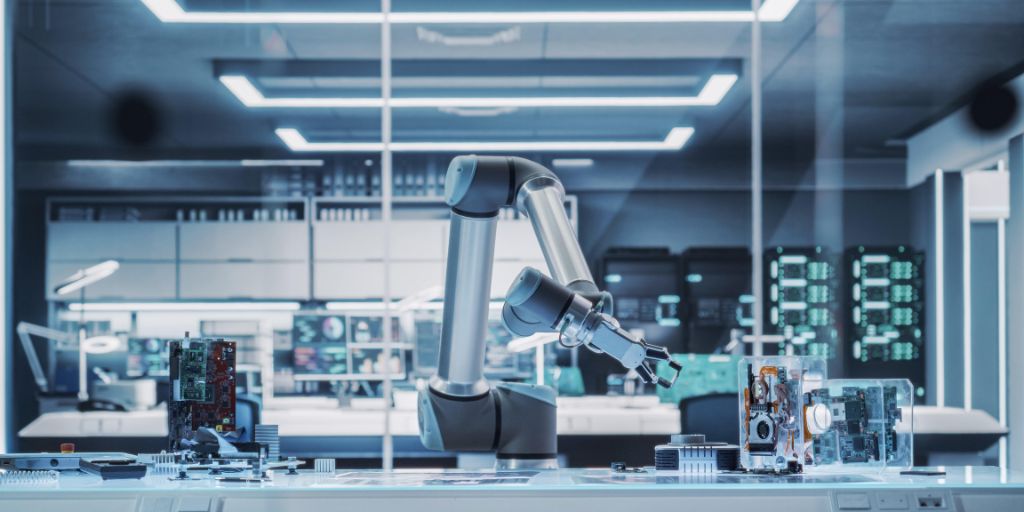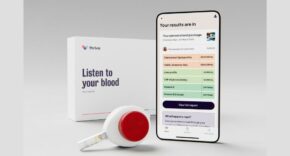
Laboratories provide a controlled environment in which research, experiments, and more precise measurements can be taken.
They come in an almost endless variety, including those concerned with:
- Science
- Medical, clinical, or healthcare
- Technology
- Cosmetics and toiletries
- Biosafety
- Research & Development (R&D)
And depending on what the laboratory is concerned with, the equipment inside will differ – but why do laboratories need specialist equipment?
Why is laboratory equipment important?
Put most simply, laboratory equipment needs to provide accurate and reliable data – upon which all research can be based.
Without the ability to control and manipulate variables, ensure accurate measurements, and make observations, errors and inconsistencies may occur which could completely undermine any investigative work.
As such, laboratory equipment needs to be:
- Durable and hardwearing
Laboratory equipment can be subjected to a wide range of tests, from temperature extremes to chemical reactions.
If not long-lasting, strong, and tough, it could degrade or break during testing – halting studies and potentially altering results.
- Ultra-precise
Having the correct ratios of ingredients during scientific testing and studies becomes all the more important in laboratories – as incorrect quantities can lead to ruined products at best and dangerous reactions at worst.
- Able to control heat and other variables
Controlling variables such as temperature, light, and humidity, may be essential to consider how the stock and components perform and carry out testing to ensure quality control.
Common types of laboratory equipment
Laboratory equipment can be split into two main types, small equipment and larger appliance-style equipment.
Commonly used examples of each type include:
Small equipment
- Glassware and plasticware, including beakers, flasks, test tubes, and pipettes
- Metalware, such as crucibles, tongs, spatulas, and clamps
- Heating equipment, including Bunsen burners and hot plates
- Measuring instruments, such as thermometers, balances, and graduated cylinders
Larger appliances
- Laboratory incubators – designed to incubate samples with controlled temperatures, CO2, and humidity levels.
- Chilled and cooled incubators – which can accommodate a temperature range of +3 to +70ºC.
- Climatic chambers – also called environmental chambers, can control temperature, humidity, light, corrosion, and vibration.
- Ovens – with a temperature range of up to 500ºC.
- Wax melting ovens – stable temperature control better than +/-1ºC for up to 100ºC.
- Laboratory fridges and freezers – with a wide temperature range of +1°C to +15°C and -22°C and -80°C respectively.
- Lead-lined fridge enclosures – for laboratories that need to handle nuclear and radiopharmaceuticals safely.
Find the right laboratory equipment for your needs
The type of laboratory you are furnishing will dictate the kind of laboratory equipment you need – but whatever you need, be sure to buy it from a trusted, experienced supplier.
This way you will know that the laboratory equipment you buy will be of the highest quality, perform as you expect, and last for years to come.












